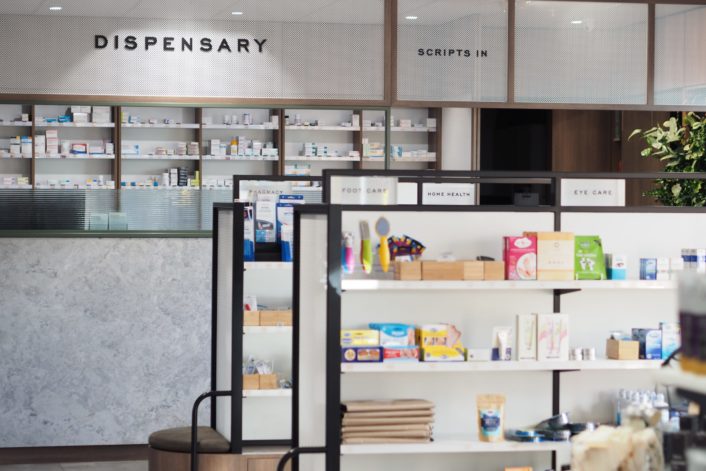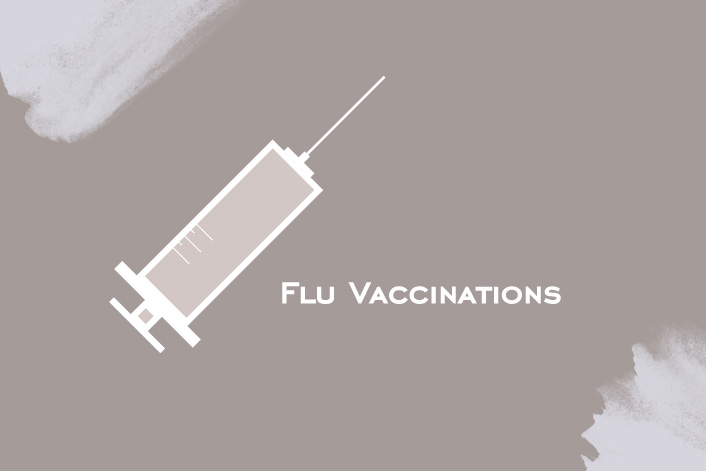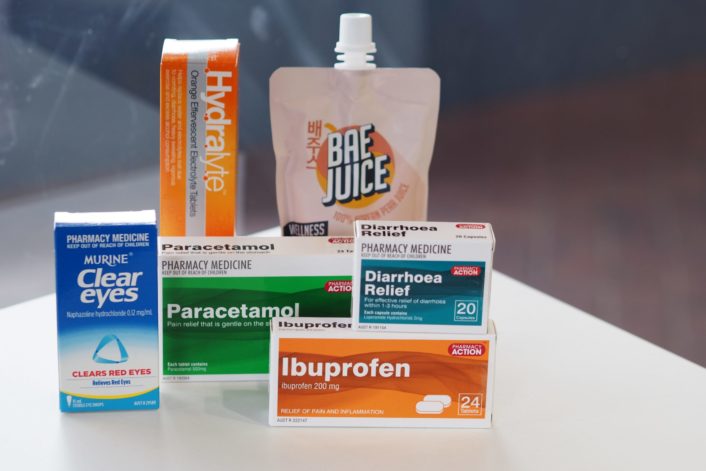Many of us don’t have time to be sick. Our lives are busier than ever and taking time out is out of the question. When sickness hits, you head straight to the doctors for a course of antibiotics to get rid of it and get back to your busy life.
Not a day goes by in my pharmacy without a prescription being presented for antibiotics.
The patient trudges in with their script. I watch their eyes try to stay focused while I talk to them about dosage, food requirements and remind them that they need to finish the full prescription…. what most patients don’t realise is just how important that last bit of information is…
There are 3 very good reasons why you need to finish your antibiotics
- You will make the best recoveryYou might not have known best recovery is even a thingJust because you no longer feel like death doesn’t mean you’re firing on all cylinders – you might not be leaping over tall buildings, but I guarantee you will make a better recovery if you finish your course. As long as you’re improving, finish the whole course.
- You’ll reduce your chances of getting a secondary infection
If you don’t finish your course of antibiotics you could develop a secondary infection. A secondary infection occurs when the bacteria from your first infection (which didn’t die) multiply and create another infection. These are usually harder to treat and take you longer to get over. You’ll be off for 2 weeks instead of 5 days the second time around. - You’ll be helping to reduce a global problem of antibiotic resistance – it’s your chance to save humanity!
Along with the cricket and swimming, Australia is leading the world with the highest rate of antibiotic prescribing in the world, according to The Australian Commission on Safety and Quality in Health Care. The rate of prescribing in Australia is triple that of the global rate. So why’s this a big deal?
…you know about the perils to humanity from war and environmental devastation but the last few tablets left in your packet could be equally as dangerous. With around 500 superbug cases in Australia every year, there is a real fear that antibiotics could become useless. When bacteria survive after exposure to a dosage of antibiotics, it builds up a resistance that makes it harder to kill.
Antibiotics are essential to modern medicine. Many treatments for life-threatening illnesses depend on their effectiveness.
When you’re relatively healthy and young this might not seem so significant. But for your 80-year-old granny in hospital, or your friend undergoing chemotherapy, bacteria which has become resistant to antibiotics is one of the many challenges their doctor is dealing with to keep them alive. A recent review into antimicrobial resistance warns that superbugs will kill more people by 2050 than cancer does in 2016, if left unchecked[1].

When it comes to antibiotics, you need to finish what you’ve started. Finish the full course even if you feel you’re back to normal before the end of it and remember that a full course is often (although not always) more than one box.
1. Review on Antimicrobial Resistance. Antimicrobial Resistance: Tackling a Crisis for the Health and Wealth of Nations. 2014.



